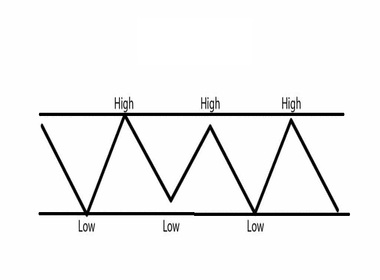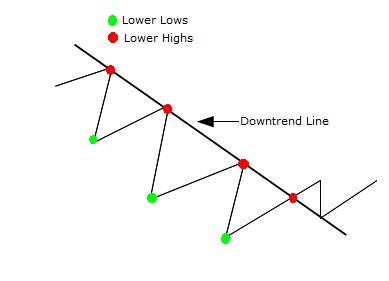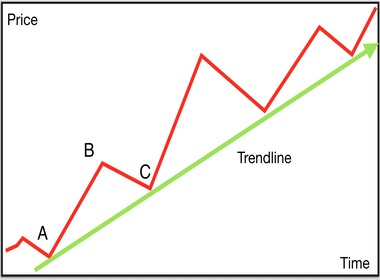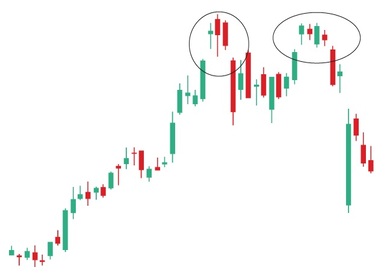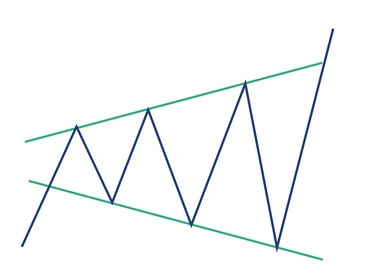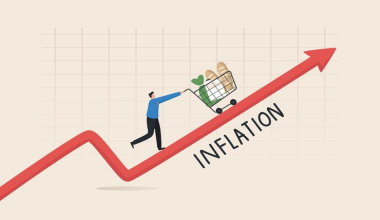
Inflation(the purchasing power of money)
Inflation is when the prices of things and services keep going up over time. Rising prices for goods and services lower the value of money. If everything else stays the same, the reason why the price of 1 kg of potatoes went up from Rs.25 to Rs.30 is inflation. Inflation is going to happen no matter what, but a high inflation rate is not good because it could make the economy unstable. Most of the time, markets don't like it when inflation is high. The Government and RBI both try to bring inflation down to a level that can be handled. An index is usually used to measure inflation. If the inflation rate goes up by a certain amount of percentage points, it means that prices are going up. In the same way, a dropping index means that inflation is slowing down.
The Wholesale Price Index (WPI) and the Consumer Price Index (CPI) are the two ways to measure inflation
The Ministry of Statistics and Programme Implementation (MOSPI), which is the country's statistics office, releases the CPI numbers around the second week of every month. The RBI has to find a good mix between interest rates and inflation. A low interest rate usually makes inflation go up, and a high interest rate usually stops inflation.
|
Table of Contents : Market Movers: Exploring Key Events and Their Influence on Markets 1. Exploring Key Events and Trends 2. Monetary Policy(Tool Through Which Controls the Money Supply) 3. Inflation(the purchasing power of money) 4. Index of Industrial Production (IIP) 5. Purchasing Managers Index (PMI) 6. Budget - an Event of Ministry of Finance |


